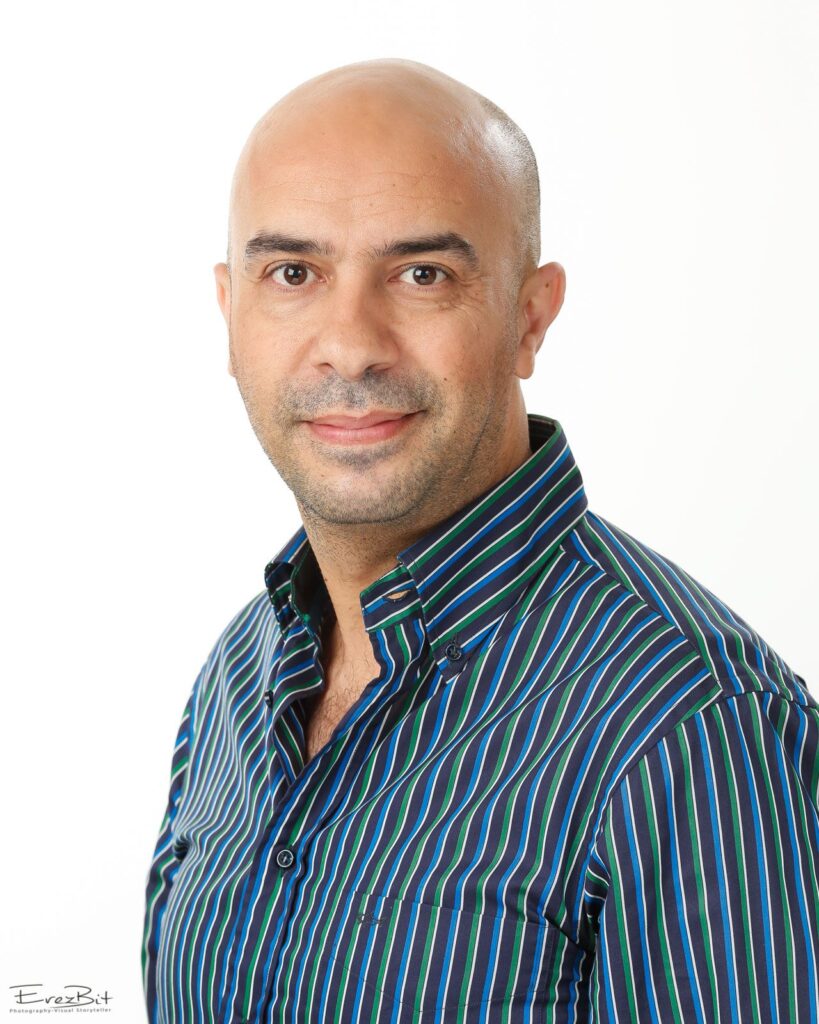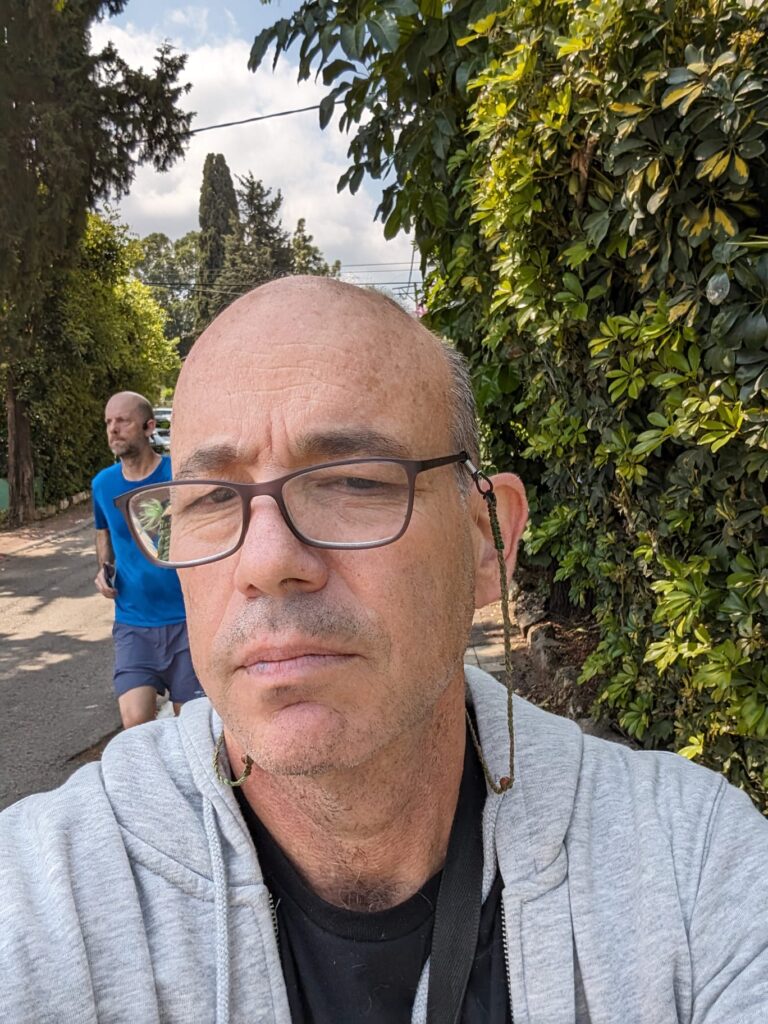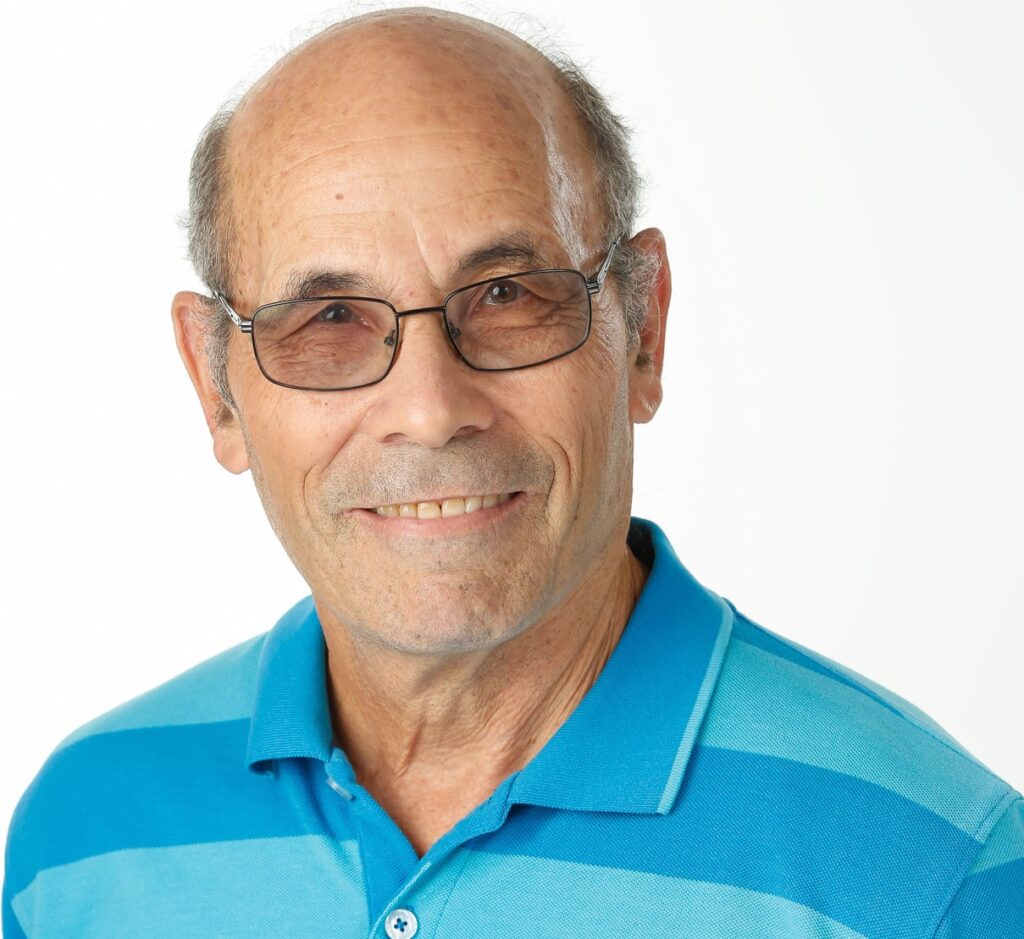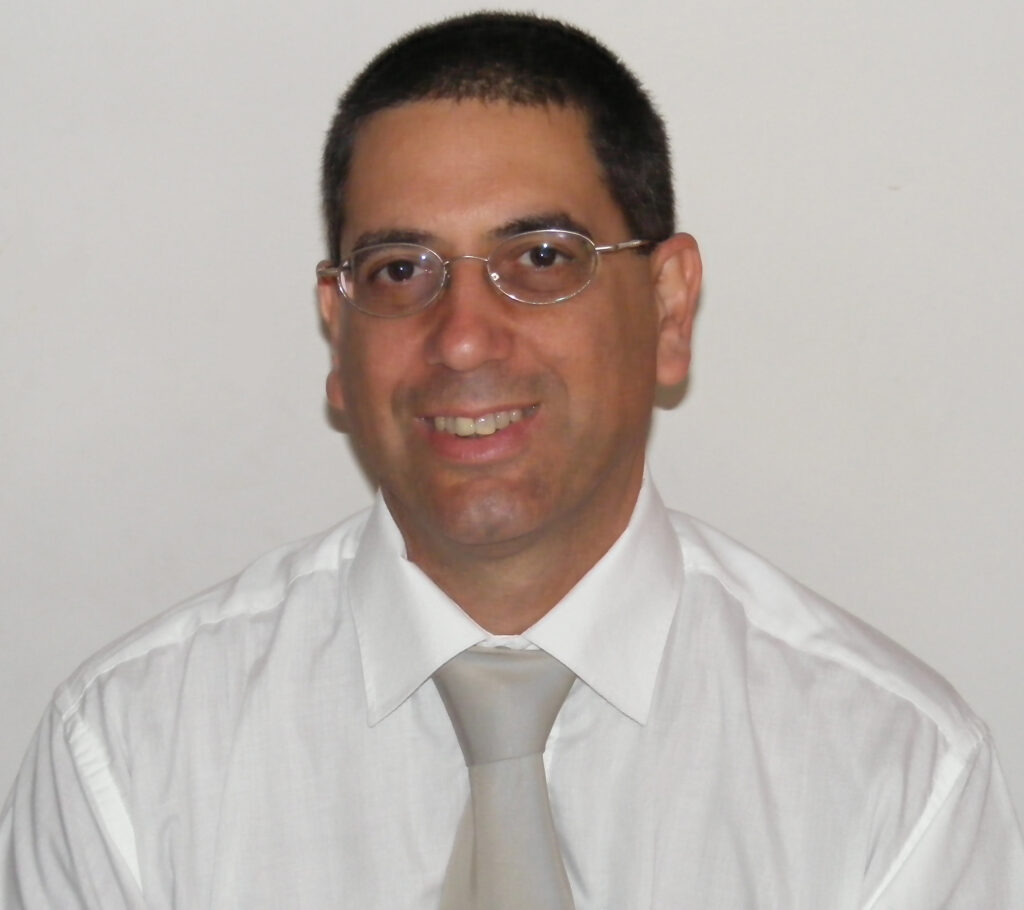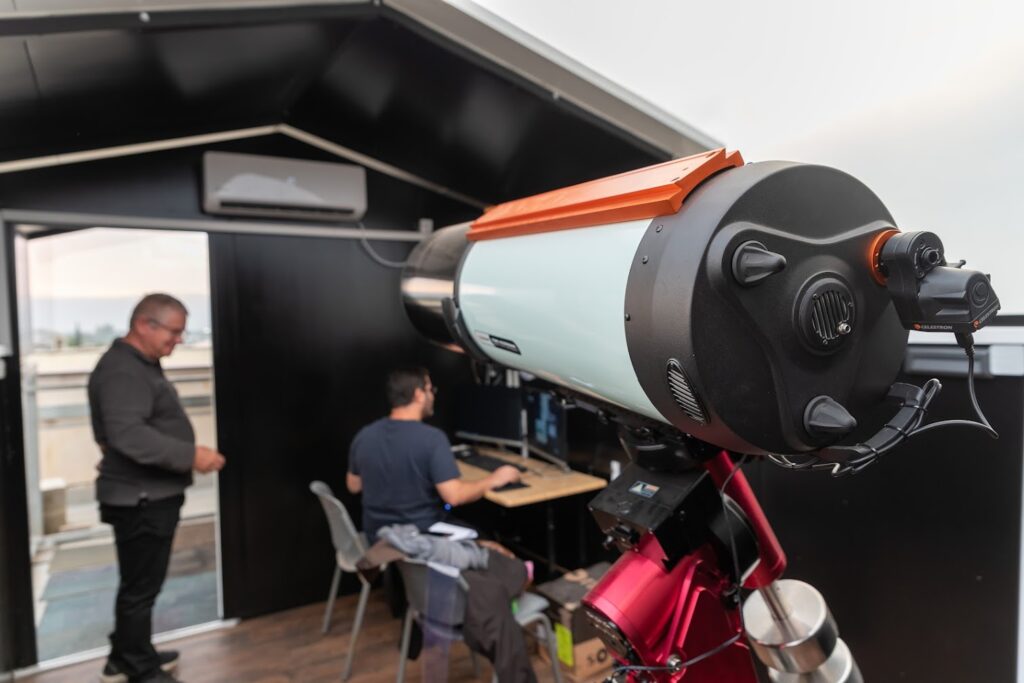
The Kinneret Observatory was first established in Beit Gordon in 1988, initiated by the regional school in the Jordan Valley, Beit-Yerah. It was directed by Ilan Lolev and the school’s physics teacher at the time, Prof. David Pundak. The observatory was located at the top of the Gordon House, where a 150 cm long and 5 cm diameter lens telescope, donated by the A.D. Gordon branch in Chicago, had been in place. With the establishment of the observatory, the old telescope was replaced with a new computerized Celestron 14″ telescope, equipped with a CCD camera, allowing school students to carry out projects in astronomy.
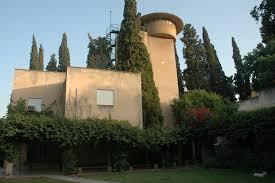
In 1992, the observatory’s research team expanded and moved to Kinneret Academic College. Dr. Gennady Roizman, who had immigrated to Israel in the late 1980s from the Soviet Union, was appointed director of the optical observatory. In 1995, the Kinneret Observatory’s telescope was upgraded to a more advanced Meade 16″ telescope. The team was joined by Prof. Lev Pustilnik and Ms. Svetlana Pustilnik, who specialized in radio astronomy.
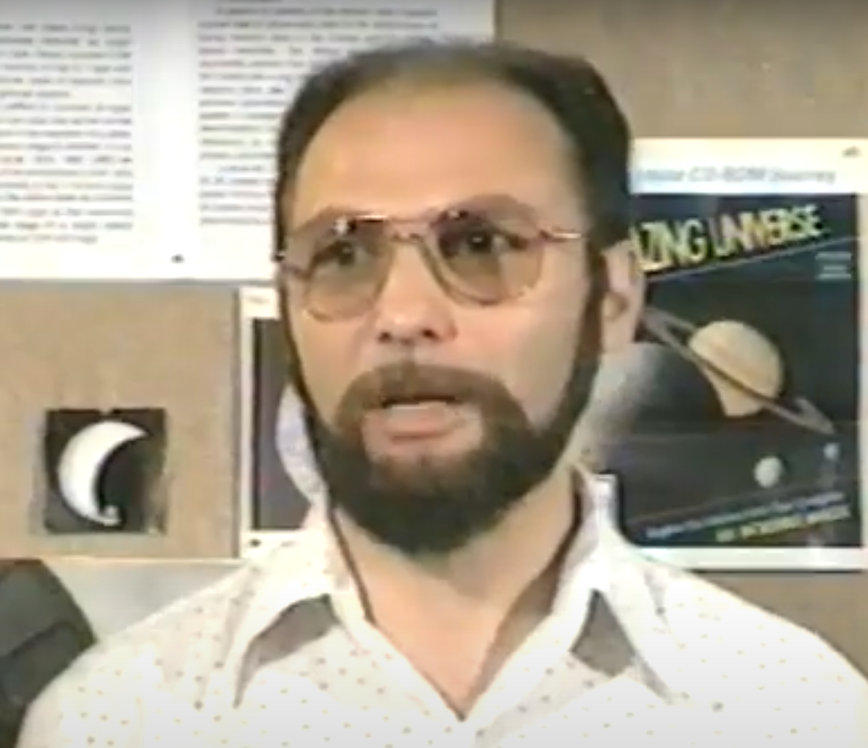
At Prof. Pustilnik’s initiative, Israel’s first radio telescope was purchased, designed for studying the sun and enabling students to undertake projects at various levels. The Kinneret Observatory became part of a center for astronomical education at Kinneret Academic College called “Blossoms of Science” headed by Prof. David Pundak. The center conducted extensive educational activities based on the “Educational Pyramid” model.

At the base of the educational pyramid, approximately 12,000 students participated annually, gaining their first exposure to astronomy through various activities introduced by a team of instructors. Ms. Zehava Wagner coordinated the instructors’ activities and managed the astronomical mobile unit that reached 100 schools each year.
On the second tier of the educational pyramid, science camps were held for middle school students. In these camps, students conducted projects in astronomy, exploring topics within the solar system and beyond. About 220 students participated in these science camps each year. The third tier focused on astro-tops, an exploration activity for 10th-grade astronomy students. Approximately 15 astro-tops were conducted annually. At the top tier, 11th and 12th-grade students completed matriculation theses in astronomy, with about eight theses submitted each year as part of the observatory’s activities.
The Kinneret Observatory continues to promote scientific education today, hosting national competitions in building sundials and deciphering astronomical images. It also holds popular lectures, observation evenings, and astronomy days for the public.
In 2022, at Prof. David Pundak’s initiative, a robotic telescope was inaugurated at the Kinneret Observatory. This telescope allows for remote-controlled astronomical observations, enabling hundreds of photographs to be taken each month and dozens of small educational projects related to astronomical image analysis. The telescope is housed at Kinneret Academic College
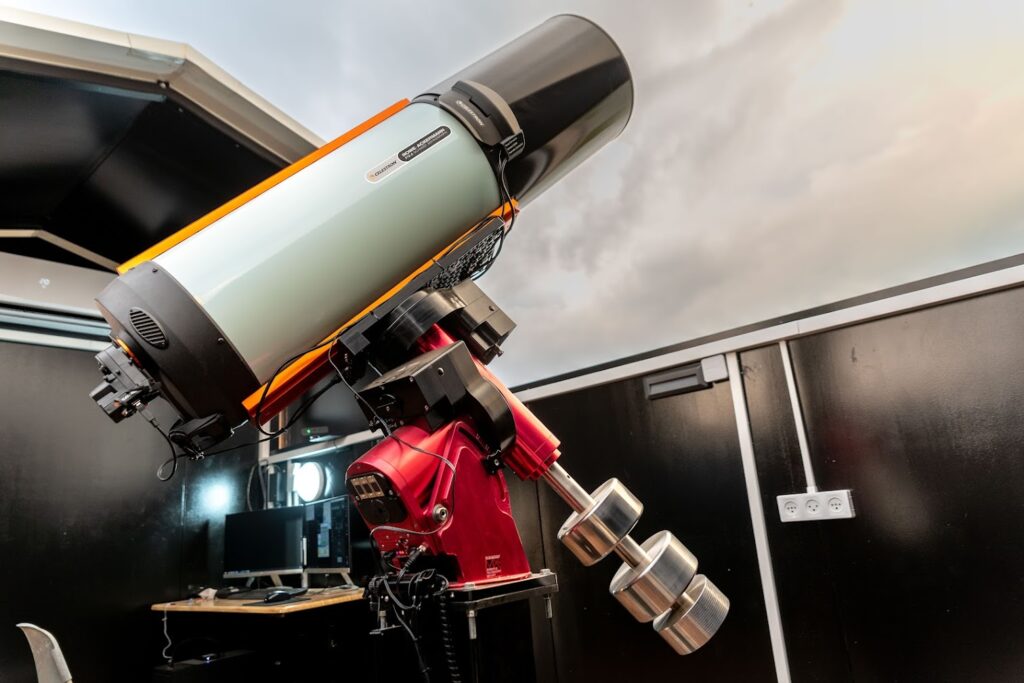
The Kinneret Observatory (https://www.aastro.net/) takes the initiative to start and cultivate collaborations in astronomical research and education, both within Israel and internationally.
The Kinneret Observatory actively participates as a partner in the Israeli Horizon Community (https://www.horizon-space.com).
The Kinneret Observatory has a fruitful educational collaboration with the educational project The Faulkes Telescope Project (FTP: https://www.faulkes-telescope.com) and the global robotic telescopes network Las Cumbres Observatory (LCO: https://lco.global/about).

As part of this collaboration, students in Israel and the United Kingdom conduct observation-based projects. The Kinneret Observatory team guides the students in Israel, while schoolteachers, supported by FTP, guide the students in the United Kingdom. Upon completion of the projects, an online international conference will be held to present the projects.
Schools in Israel gain access to the LCO telescope network through the collaboration involving the Kinneret Observatory, FTP, and LCO. Schools in Israel can book astronomical observations both at the Kinneret Observatory and at the LCO with support from the Kinneret Observatory team and conduct observation-based research. The Kinneret Observatory team develops observation-based projects and extensive teaching materials in astrophysics and astronomy, provides guidance and support in planning and performing observations, as well as processing and analyzing the resulting images.
The Kinneret Observatory team provides guidance and support to both teachers and students in Israel from all sectors and ages. As part of this support, the observatory staff conducts teacher training, provides direct guidance to students, and offers a wide variety of activities, competitions, and observation-based projects on the observatory website.
The current Kinneret Observatory team includes Prof. Muhammad Akashi, Head of the Physics Division at Kinneret Academic College; Dr. Alon Levy, Director of the School for the Gifted at Kinneret College; Dr. Boaz Ron Zohar, an expert in leading and guiding observational projects; and Prof. David Pundak, Director of the Kinneret Observatory.

